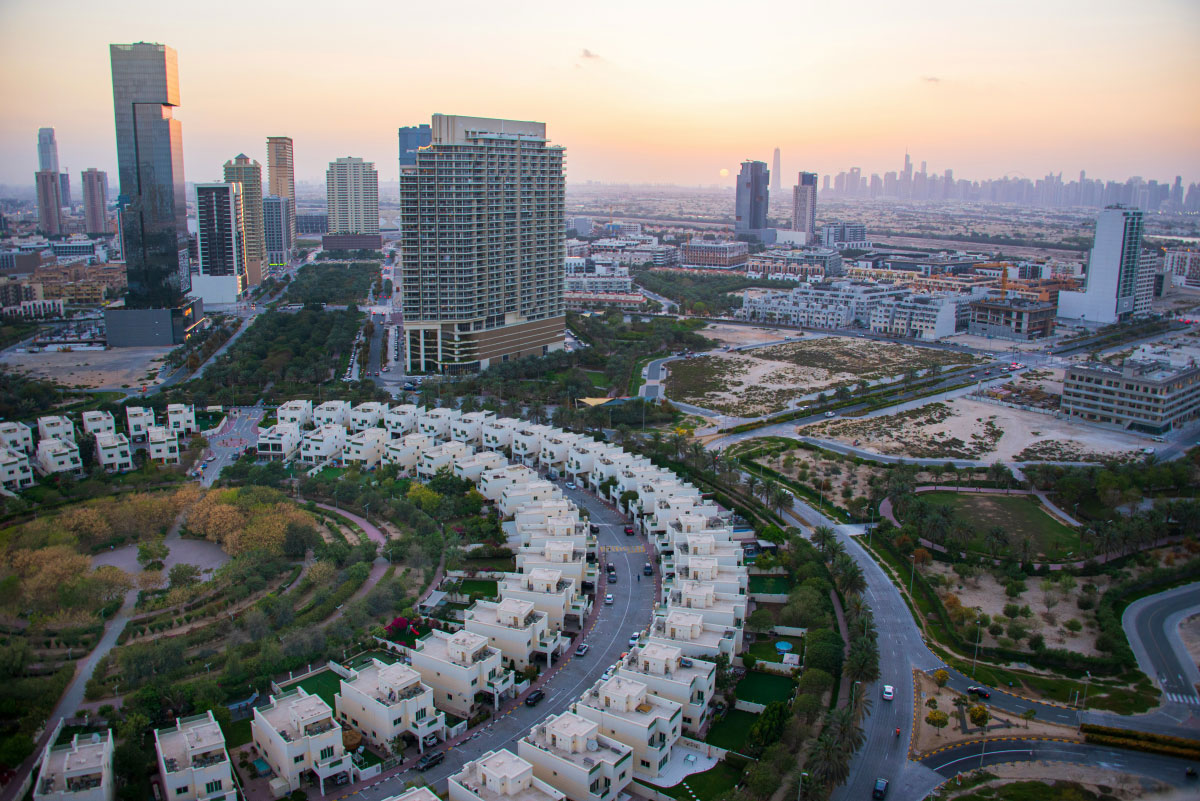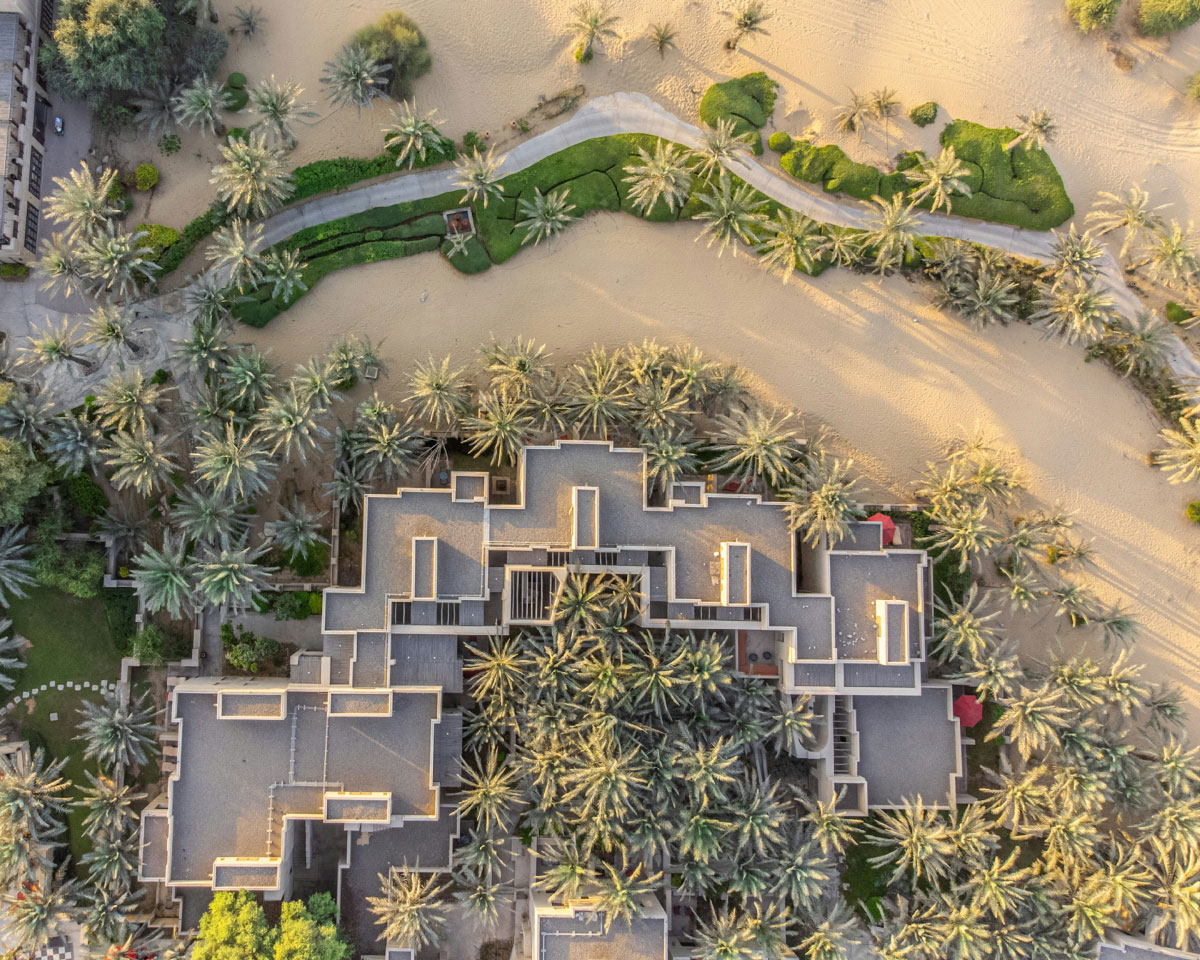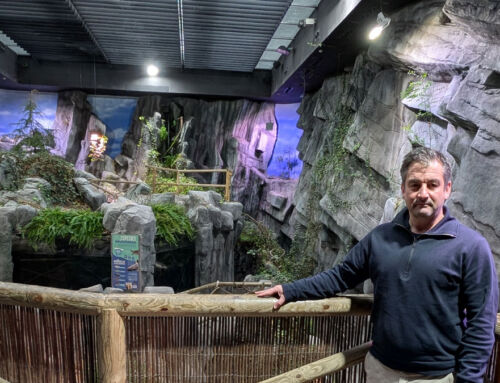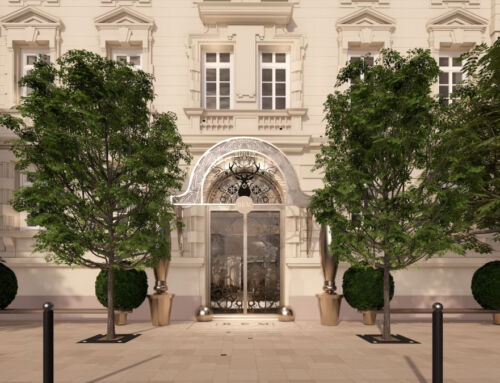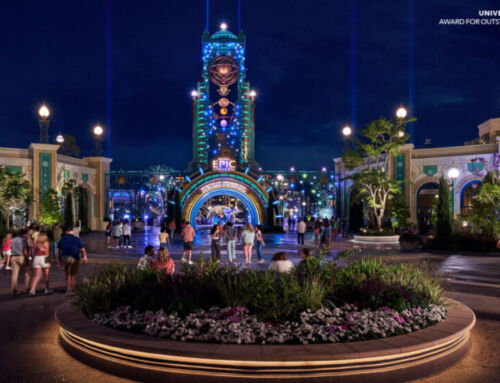“Fereej” means “neighbourhood” in the Emirati Arabic dialect, a term used by the native population to refer to traditional neighbourhoods of close proximity and close socialization among its residents. These are urban characteristics that seem to have been lost with the modern development of Dubai’s residential neighbourhoods, among other cities in the United Arab Emirates. To recover this type of urban fabric, Sheikh Hamdan bin Mohammed bin Rashid Al Maktoum, Crown Prince of Dubai, Deputy Prime Minister, Minister of Defense, and Chairman of the Board of Trustees of the Dubai Future Foundation (DFF), recently announced the Hewi Dubai initiative.
Hewi is a very important part of the Emirati home, a garden space between the exterior door and the interior of the home, where families sit, have afternoon tea, and receive guests. Overall, the Crown Prince’s initiative aims to “revive the vibrant spirit of the traditional Emirati fareej,” that is, to create new community spaces that serve to strengthen social ties and foster an active lifestyle, in a modern and, above all, “human-centric” way. The hewi is a symbol of this lifestyle, hence the name given to the initiative.
After all, as Sheikh Mohammed noted, “community bonds are among the core values Emirati families are raised on.” Therefore, he noted that the Hewi Dubai initiative aims to “pass on these values to future generations and design public spaces that bring neighbours together, where families can gather, the elders can meet and children can create endearing memories in a safe and welcoming environment.” These public spaces, which “will be anything but conventional,” will be first represented in the Nad Al Sheba 4 neighbourhood.
The DFF will develop the new Hawi Nad Al Sheba 4 “park” in collaboration with Dubai Municipality. Although it will be “co-designed with residents,” it has already been announced that it will feature a shaded area “to bring generations together,” called Al Decha; a flexible, partly covered, partly outdoor space designed to host “community events, workshops, and celebrations,” called Al Saaha; and Al Yalsa, an area that will offer seating around children’s games, from which families can supervise the activities of the little ones. All this is set among winding paths and landscaped areas, in “a space that feels both natural and deeply familiar.”
Sources: Dubai Media Office, The National, Pragma, Dubai Future Foundation.


